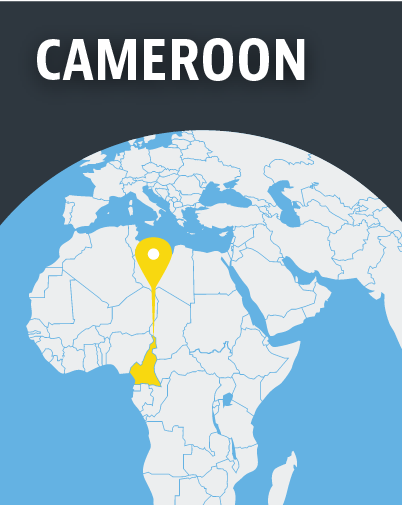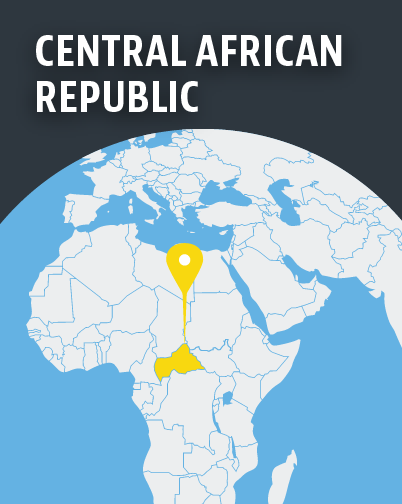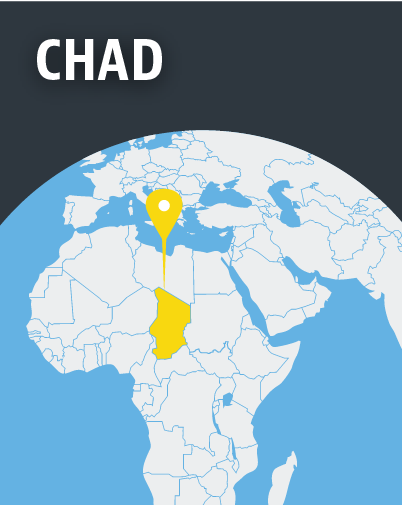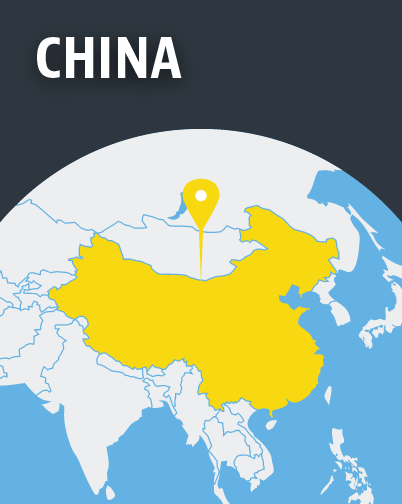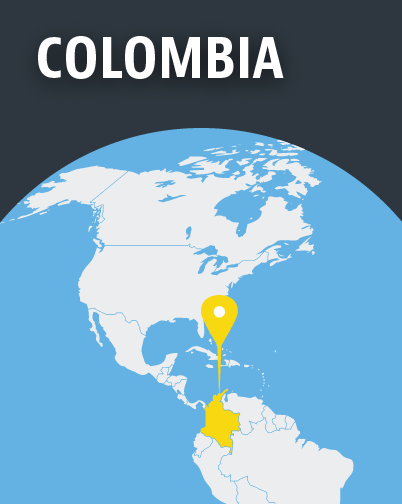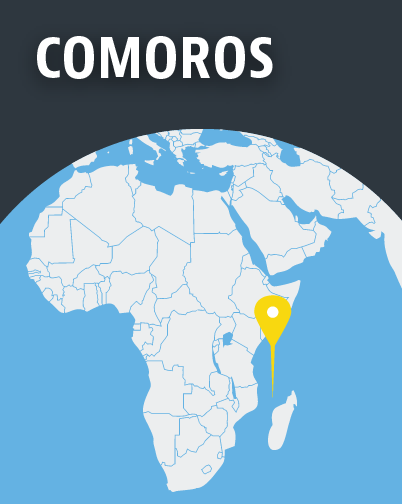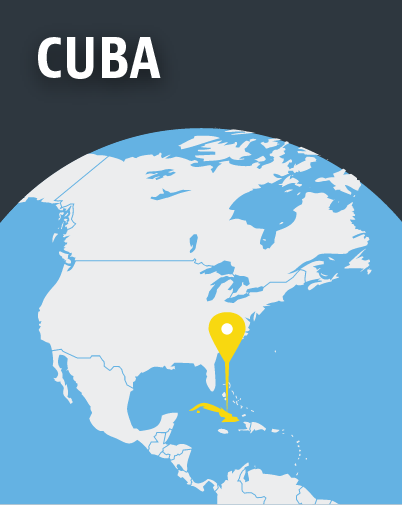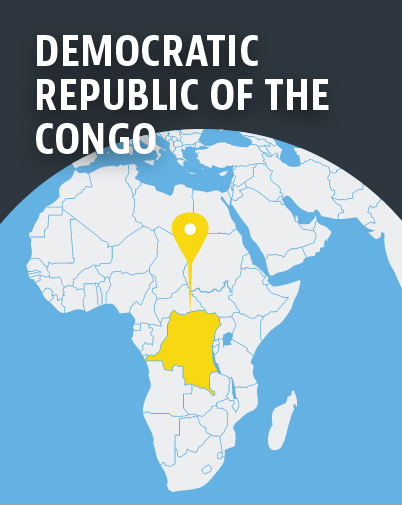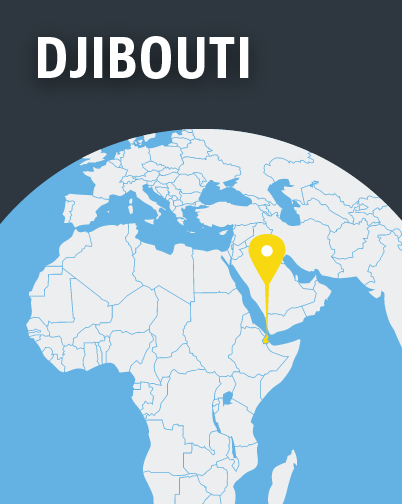Burkina Faso
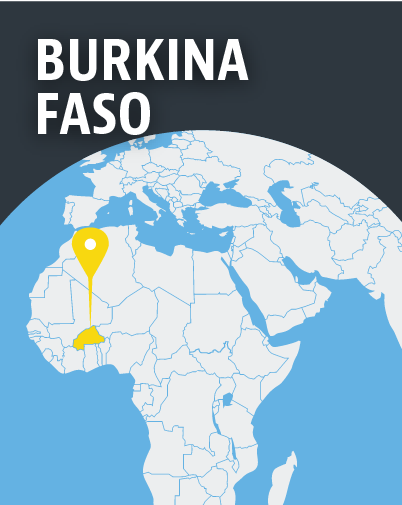
Only a handful of countries have a lower per-capita GDP than Burkina Faso, yet it carried itself through a peaceful election following a 2014 coup. The constitution promises religious freedom, and religious organisations must register with the government. Even as the Muslim population increased rapidly, little had happened in Burkina . . . Read More
